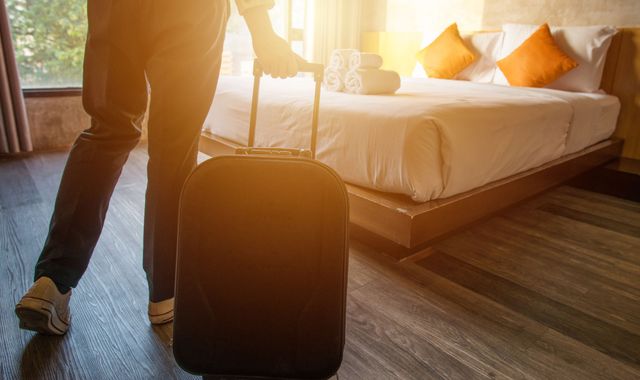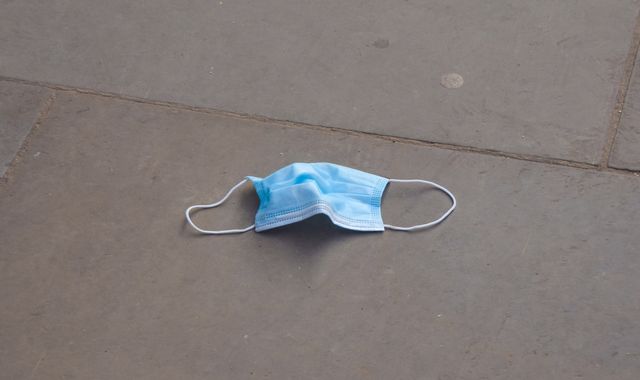‘Bully’ online travel agents driving up hotel prices for holidaymakers, consumer group finds
Written by News on 03/03/2020
Holidaymakers are paying more for hotel rooms in the UK when they book through online travel agents such as Booking.com and Hotels.com, according to research from Which? Travel.


The consumer group has said customers could be paying up to 12% extra for their booking, and would be better off making the reservation over the phone.
It found that customers could get a better deal 80% of the time if they contacted the hotel directly as they were able to negotiate a better price, and extra free perks.
These included a free upgrade at one hotel and food and drink offers and spa treatments at others.
According to Which?, travel agents generally take a 15-25% commission from hotels to list them on their sites, which leads to higher prices.
But “rate parity clauses” used in contracts with online travel agents then prevents the hotels themselves advertising a cheaper price on their own websites.
It further found that travel agents make it harder for consumers to contact the hotels directly due to them dominating Google search rankings.
The research, published on Tuesday, came just months after several hotel booking sites were found to have continued “misleading customers” with false claims about room availability.
They had earlier been ordered to rectify such sales tactics after an investigation by the Competitions and Markets Authority (CMA).
One hotel owner, who asked not to be named, told the consumer group he thought the agents were “bullies”, and that it was unlikely his business would reach the top 10 results in search engine results.
He said: “You think these sites will top up your bookings during quiet periods, but that’s not their mission – they want 100% of your bookings.
“These sites are bullies. You have to do as you’re told or they will put you out of business.
“It’s a protection racket – and, ultimately, the customer pays more.”
In a statement, Booking.com said: “Properties choose whatever prices they want to list on Booking.com, which they can do at will and free of charge.
It added: “If Booking can indeed find them a customer, the property then (and only then) pays a small fee in exchange for the service. By contrast, if a hotel or small bed & breakfast in the countryside for example, were to advertise on TV in markets all over the world in order to find customers and generate business, it would likely be so expensive that the properties would need to charge even higher prices for their rooms in order to stay in business.
“Booking is a much more cost-effective platform for properties to advertise, allowing them to pay only when they generate actual business.”
Meanwhile, the CMA said Booking.com and Expedia had agreed to stop using “wide parity clauses” in 2015, which would allow hotels to offer different rates when contacted directly.
It added that the authority would continue to monitor “narrow parity clauses” such as the ones highlighted by the research on effects in the UK.
In the meantime, Which? Travel has a number of tips for anyone who is looking to book a hotel in the UK and secure the best rate.
Speaking to Sky News, the group’s travel editor Rory Boland advised still using the sites for research, but then to take the booking procedure offline.
He said: “I still use the comparison sites to find the hotel I like in the destination I’m going to. I then spend 15 minutes shopping around the comparison sites to find the best price for the hotel online.
“With that price in my back pocket, I phone the hotel directly and say I’ve found this room rate online can you give me a better deal? And, as our research shows, in eight out of 10 cases they will give you a cheaper price.”
For anyone reluctant to pick up the phone and haggle, he added: “As our investigation shows, it really is worth conquering your nerves.
“And it won’t be difficult. In my experience hotels and B&Bs are delighted to hear from you.
“It means they don’t have to pay any commission to the hotel booking website. When you book with them directly you’re not just saving yourself money, but them too.”
Sky News contacted Expedia Group, which owns Hotels.com and Trivago, for comment.
(c) Sky News 2020: ‘Bully’ online travel agents driving up hotel prices for holidaymakers, consumer group finds







